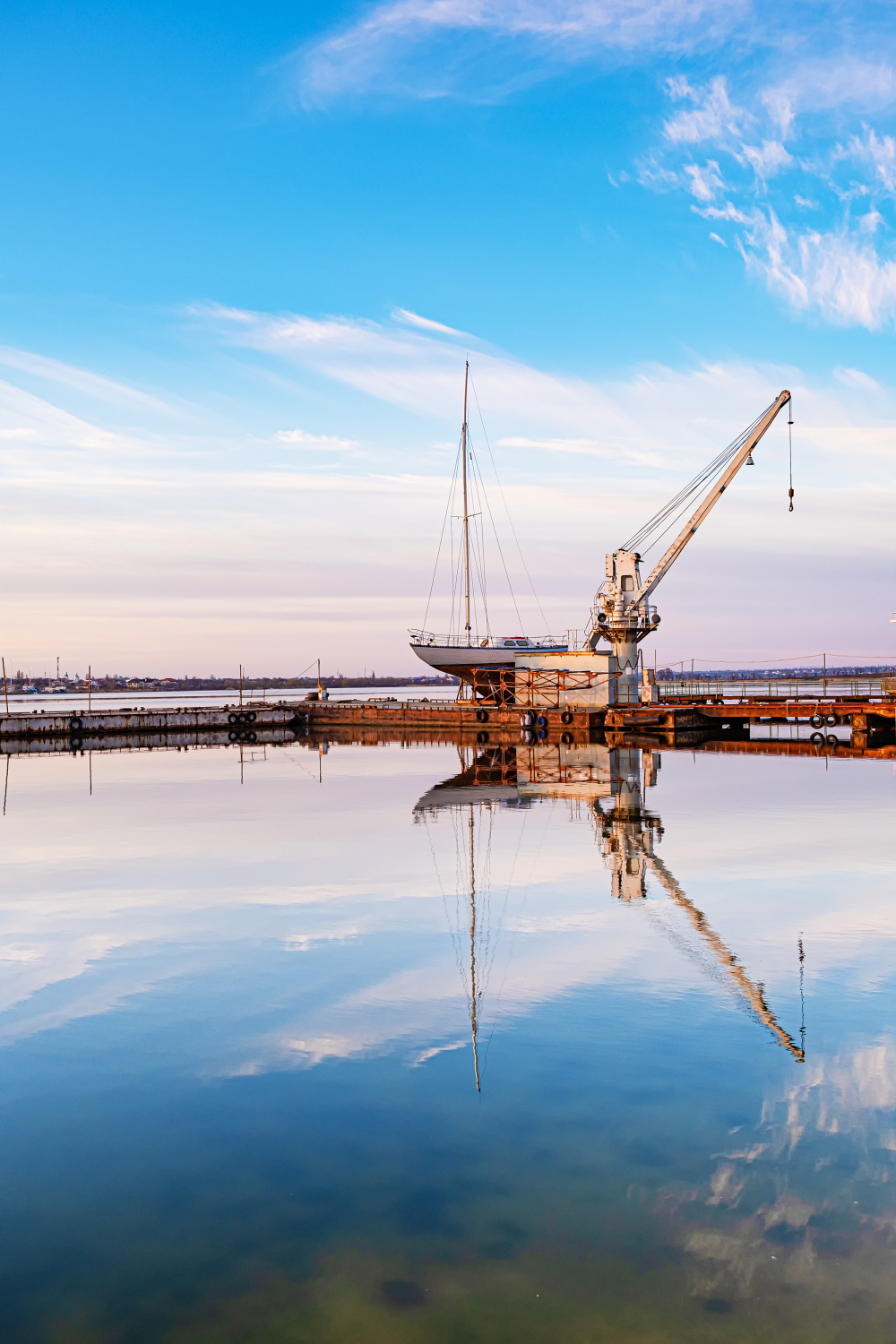
There’s nothing more detrimental to a pond or lake than accumulated sediment, debris, and organic matter that builds up at the bottom over time. Sedimentation reduces the depth of water bodies, smothers aquatic habitats, and promotes algae blooms. In other words, accumulated sediment at the bottom of a water body leads to a decline in water quality and impacts overall functionality. This is where lake dredging comes in.
In this blog, we’ll break down what dredging is and how it restores natural habitats and promotes biodiversity. Here at Aquatic Restoration, we pride ourselves on providing professional dredging services in the areas we serve.
One of the benefits of dredging is the restoration of natural depth and flow in aquatic environments. Sediment accumulation reduces water depth, slows flow, and can create stagnant areas that are unfavorable for many aquatic species. Dredging removes these obstructions to allow water to circulate more naturally. This improved flow supports oxygenation, which is essential for the survival of fish, invertebrates, and aquatic plants.
Sediments contain decaying organic matter and pollutants like phosphorus, heavy metals, and agricultural runoff. These contaminants can degrade water quality, encourage harmful algal blooms, and lower dissolved oxygen levels. This can lead to fish kills and the collapse of aquatic food chains. Dredging removes these nutrient-rich and polluted sediments to create a cleaner and more hospitable environment for aquatic life. By improving water clarity and reducing toxins, dredging helps native species flourish and supports the health of entire ecosystems.
Healthy aquatic ecosystems rely on diverse habitats, including shallow wetlands, deeper pools, and submerged vegetation. When sediment covers the lakebed or river bottom, it smothers spawning grounds, plant life, and benthic habitats critical for invertebrates and microorganisms. Dredging helps expose the original substrate to allow aquatic plants to regrow and fish to return to traditional breeding areas. The resurgence of plant life also provides shelter and food sources for birds, amphibians, and other wildlife.

In some cases, sedimentation favors the spread of invasive aquatic species, which thrive in nutrient-rich waters. These invaders outcompete native species for space and resources. Dredging disrupts their habitat and reduces the nutrient overload that fuels their growth. This gives native plants and animals a better chance to recover and reestablish dominance in their natural environment.
Beyond water bodies themselves, dredging can aid in wetland restoration projects by supplying clean sediment to rebuild eroded shorelines and marshlands. These areas act as buffers against flooding, provide nesting grounds for birds, and support rich plant biodiversity. This process redistributes dredged materials strategically to rebuild vital wetland zones that sustain both aquatic and terrestrial wildlife.
Dredging is more than just a cleanup operation—it’s a strategic tool for ecological restoration and pond management. When paired with sustainable land management and erosion control, dredging creates long-term improvements in biodiversity. Native species return, water quality improves, and the ecosystem becomes more resilient to environmental stressors like climate change and pollution.
If you’re considering lake dredging, contact Aquatic Restoration to discuss your needs and discover how our professional services can help you restore natural habitats and promote biodiversity. We have been in business for over 35 years, providing a wide range of pond management services in Georgia, including shoreline stabilization, spillway renovation, siphon installation, retention pond maintenance, and many more. Our experienced technicians have completed countless lake dredging projects, and we’ve received 5-star reviews for delivering exceptional services. Contact Aquatic Restoration today to schedule a consultation with our technicians.
If you own a pond, we don’t have to tell you how irritating mosquitoes can be or how important it…
Dredging is an integral part of keeping lakes clean, healthy, and sustainable. This…
Lake management is an integral part of keeping your lake in peak condition. It involves activities such as lake…
There are many incredible benefits that come with restoring natural lake depth. Not only does it improve water quality…
When it comes to maintaining healthy water bodies, there are two primary methods that are often used: dredging and pond…